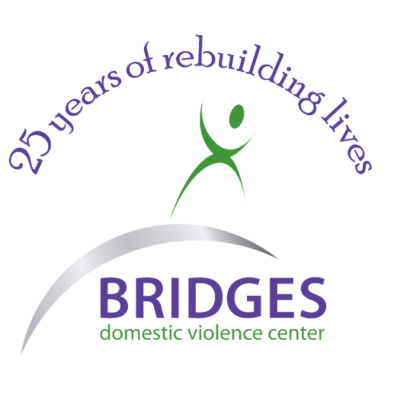According to domesticviolence.org, as few as 1% of every domestic violence occurrence is reported to police each year. This finding means domestic violence happens far more often than we may be aware of and that most victims are so paralyzed with fear they do nothing about it. You may be confronted with abuse yourself or be concerned with the possibility that someone you care about is being poorly treated. Knowing the truths about domestic violence can help you make the right decisions when handling the situation.
What Are Some Commonplace Myths About Domestic Abuse?
Domestic abuse will most often occur behind closed doors, leaving people to draw their own conclusions about what is happening and why. The misconceptions that result empower abusers and hide the seriousness of the damage from anyone outside the situation.
Here are some of the most common myths about domestic abuse:
- It’s Only Physical. Emotional abuse can be just as devastating as physical abuse, with long-term effects. Words are a powerful thing and should never be tossed around carelessly. When victims only hear harmful and hurtful communication from someone they love, they start to believe the lies. This can lead to mental imbalance and illness, such as depression, low self-esteem, and self-harm.
- It’s Not That Serious. Domestic violence should always be taken seriously, no matter how bad it might seem to an observer. It is illegal in the U.S and is considered to be a serious crime that is punishable by law. Minor it may seem, domestic violence will only worsen as time goes by if left unchallenged.
- It’s Not Happening in My Neighborhood. People who live within a lower-income community or families that struggle with substance abuse are more likely to find themselves surrounded by some form of violence. That does not mean that people from middle-class and upper-class homes do not deal with abuse, too.
- It’s Just An Anger Management Issue. While abusers may genuinely have a problem managing their anger, they deliberately choose to take their anger out on someone else. They select the victim carefully, as well. They probably won’t attack someone in authority or someone bigger or physically stronger than they are.
- It’s Easy to Escape Abuse. The abuser may have even threatened the victim at some point that if they ever tried to escape, their loved ones would be in extreme danger. Such intimidation can destroy a person’s autonomy and ability to make good decisions.
- It’s Impossible to Overcome. If a person was abused as a child, there is a greater chance that they will have violent tendencies towards their children. This is a dark cycle that many find themselves in. But that does not have to be the end of the story. With professional counseling and help, an abuser can break this cycle.
What Can I Do If I Believe Someone is Being Abused?
It is easy for individuals who have never been through such an experience to develop misconceptions and presumptions, believing many myths about domestic abuse. This can cause a person to ignore what is a very serious situation for someone else. You may be concerned about someone who needs another voice to speak up for them. Educating yourself about the realities of domestic abuse and what the victim is truly facing will help you to help them.
Remember to visit The National Domestic Violence Hotline if you or someone you love needs help.
Here at Bridges Domestic Violence Center, we help you live free from domestic violence. We offer the Nashville community many services, including:
- Temporary Shelter
- Case Management
- Court Advocacy
- Batterer’s Intervention
- Support Groups
- And Fur Babies, too!
If you would like to be a part of what we do, we welcome volunteers. We organize events throughout the year to help support what we do and educate the community. Join us!
If you need help, you can reach us here: Contact Bridges Domestic Violence.
We are a member agency of United Way of Greater Nashville.

